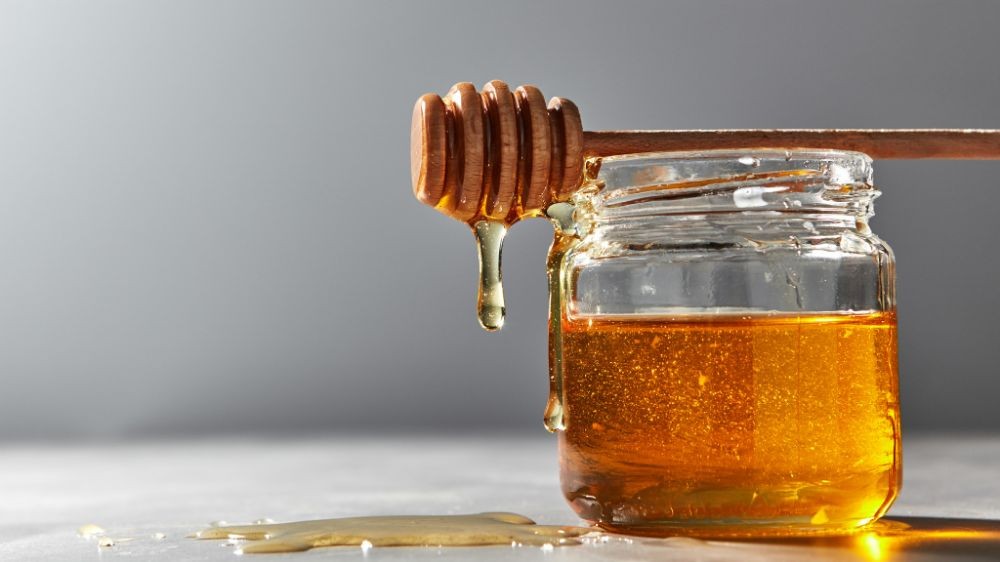
breakfast skippers have been found to have a "higher risk of Type 2 diabetes, higher risk of obesity due to insulin resistance and hormone regulation, as well as increased risk for heart attacks and hypertension."Breakfast is also a great time to get much-needed nutrients into your diet, including fiber and vitamins that get you through the day. So, skipping breakfast may cause you to not consume adequate amounts of them, contributing to long-term health effects as a result. "My advice? Find what works best for you," says King. "If you aren't hungry right away in the morning, wait an hour or two before munching on something for breakfast. This includes fiber, which will help to keep you full throughout the day, as well as help you go to the restroom!Not consuming breakfast can affect your blood sugar levels and make you "hangry"—as in equal parts hungry and angry all at once. Not a pleasant combo for you—nor those around you. "When blood sugars drop, your mood will be affected," says King. "This is a correlation to the drop in blood sugars. Your energy levels will decrease as well as your cognitive function."No breakfast means no energy for your body and no nutrients going to your brain since dinner the night before—which could be in the neighborhood of 12 to 14 hours before. "Even worse, not eating breakfast can also mean making very unhealthy choices—doughnuts, anyone?—at 10:30 a.m., when you suddenly realize you're ravenous," explains fitness trainer Kacy Duke. "Even if you're not a big fan of breakfast, your organs are—and you have to feed them so they can function well. Even if it's just a quick bowl of oatmeal, a berry smoothie, or a hard-boiled egg, eating breakfast is also a good way to front-load your day with nutrients and keep blood sugar levels stable
Comments (0)
Categories
Recent posts

.jpeg)
Overthinking
12 Dec 2022.jpeg)
فوائد ممارسة الرياضة
30 Nov 2022.jpeg)
أهمية ڤيتامين د
7 Dec 2022